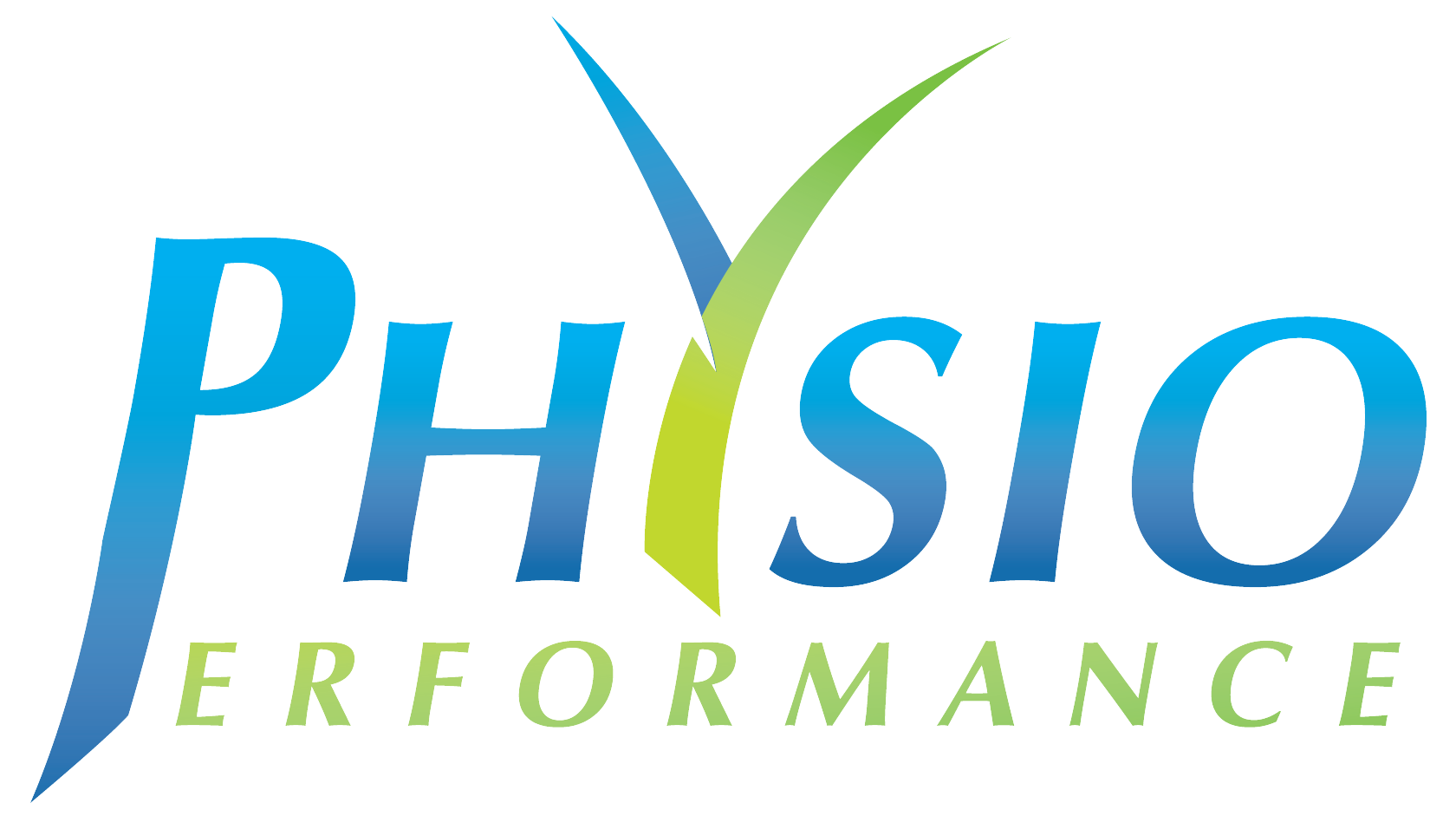Are you wondering what to expect after Rotator Cuff surgery? Take a read below…
Here at Physio Performance Drogheda, Rotator Cuff surgery is one of the main surgeries we deal with here in our clinic on a weekly basis.
Supraspinatus, Infraspinatus, Subscapularis and Teres Minor are the four muscles that make up the rotator cuff, primarily responsible for stabilizing the head of the humerus during movement, particularly overhead movements. Damage to the rotator cuff can occur when these muscles become overloaded, through excessive repetitive load.
This load can cause micro tears and tissue break down, which combined with any form of trauma/trauma alone can lead to full thickness rotator cuff tears. Often full thickness rotator cuff tears are repaired surgically, although in some cases corticosteroid injection/conservative treatment may be advised.
Post-Op Recovery
Immediately post-surgery the arm will be immobilized in a sling for 4-6 weeks. Although the sling can be uncomfortable and is restricting by nature, it is in place to aid in the healing process, and allow the pain and swelling to be reduced before re-introducing the arm to everyday activities. Early rehabilitation is essential for a successful outcome, and recovery happens in a few different stages.
The first step in recovery is managing your postoperative pain. Intermittently placing an ice pack on your shoulder will help alleviate some pain and reduce swelling. While you ice, be sure you do not get the incision area wet. Place a thin towel around the ice and apply it to your shoulder for approximately 20 minutes at a time.
Your doctor may also prescribe you a pain reliever. You may also try different over-the-counter medications to help manage any pain. It is a good idea to check with your doctor before taking any pain medication. Sleeping is a vital part of recovery, but it may be a challenge immediately after the surgery. It can take up to six weeks after surgery to sleep comfortably in a horizontal position. You may find it easier to sleep in a reclining chair.
Alternatively, you can prop yourself up on a bed using pillows. Be careful to prop the affected arm up and away from your body. If you prefer sleeping on your side, you can sleep on your other shoulder.
Rehabilitation
Once post-operative pain has been managed and all incisions have begun to close up, it is time to begin challenging range of motion at the shoulder joint. Although this will be very gradual in progression, it is important to train range of motion as early as possible so as the healing tissue adapts quickly and does not restrict range of motion in the long run.
Once range of motion has been addressed, progressive strengthening of the shoulder can begin. As the rotator cuff is most active in stabilizing the humerus during overhead positions, the majority of early rehabilitation will involve exercises below shoulder level. As strength levels, range of motion and pain allow, eventually strengthening exercises will begin to incorporate overhead movements.
In these more extreme and challenging ranges it is important to increase the intensity of the exercises very slowly, so as not to stall recovery. The rotator cuff surgery recovery timeline can vary case by case, but a full recovery typically takes four to six months. It may take longer than that to return to heavy overhead lifting.
The Physio Performance Way:
We are the specialists here in the Drogheda area dealing with Rotator Cuff surgery.
We can guide you right through the whole journey: From initial diagnosis to a full recovery post surgery.
A rehabilitation program will be customised for you to help you regain the range of motion in your shoulder and help you build a more confident and stronger shoulder.
Next step:
Want to get in touch with our team?
Looking for some advice?
We’d love to help!
You can contact us on 041-9877059 or at info@physioperformance.ie. You can also book an appointment online with us HERE.





:max_bytes(150000):strip_icc()/About-A52-CleanAndPress-707copy-570575003df78c7d9e943641.jpg)